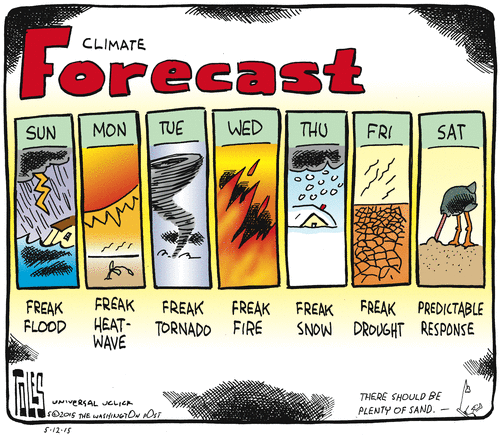The Truth Be Told is read in 203 countries around the world.
Model Republican - surviving without a head - stupid but surviving ... !
Today is - Mike - The Headless Chicken Day
Don't forget to visit our sister blog Carolina Naturally
Some of our readers today have been in:
The Americas
Buenos Aires, Argentina
Brasilia, Jundiai, Rio de Janeiro, Vila Velha and Vitoria da Conquista, Brazil
Chelsea, Greater Sudbury, Montreal, Ottawa, Regina and Toronto, Canada
Bogota, Bucaramanga, Cali and Envigado, Colombia
Ducos, Martinique
Matagalpa, Nicaragua
Lima, Peru
San Juan, Puerto Rico
The Bottom, Sint Eustatius-Saba
Barquisimeto, Venezuela
Europe
Minsk, Belarus
Sarajevo, Bosnia-Herzegovina
Glavinitsa, Sofia, Bulgaria
Horni Pocernice, Mala Strana, Pardubice and Prague, Czech Republic
Buddinge, Denmark
Bradshaw, Bristol, Chester, Frankley and Old Bailey, England
Boulogne-Billancourt, Laval, Le Mans, Lyon, Magenta, Nice, Paris, Pas-de-Calais, Saint-Julien,
Salon-de-Provence and Velizy-Villacoublay, France
Berlin, Dusseldorf, Frankfurt Am Main and Nuremberg, Germany
Athens, Greece
Reykjavik, Iceland
Eboli, Giavera del Montello, Ivera, Milan, Pisa, Rome and Venice, Italy
Riga, Latvia
Almere Stad, Amsterdam and Rotterdam, Netherlands
Gjerstad and Sandsli, Norway
Gdansk, Krakow, Lodz, Lublin, Warsaw and Wroclaw, Poland
Lisbon, Portugal
Bolshoy Kamen, Moscow, Ryazan, Saint Petersburg and Vladivostok, Russia
Forth and Glasgow, Scotland
Ourense, Pinar de Chamartin and Tavernes Blanques, Spain
Grislovs Lage and Stockholm, Sweden
Baar and Neuchatel, Switzerland
Dnipropetrovsk, Kiev and Odessa, Ukraine
Bangor and Wrexham, Wales
Asia
Beijing, Guangzhou and Shanghai, China
Hong Kong, Hong Kong
Ahmedabad, Aluva, Bangalore, Delhi, New Delhi, Ranchi, Shillong and Trichur, India
Jakarta and Medan, Indonesia
Shiraz, Iran
Bayan Lepas, Ipoh, Johor Bahru, Klang, Kota Kinabalu, Kota Tinggi, Kuala Lumpur, Puchong,
Shah Alam and Sibu, Malaysia
Ulaanbaatar, Mongolia
Faisalabad and Lahore, Pakistan
Colombo, Sri Lanka
Bangkok, Thailand
Africa
Algiers, Algeria
Djibouti, Djibouti
Nairobi, Kenya
Rabat, Sale, Morocco
Cape Town, Constantia, Pretoria and Roodepoort, South Africa
Tunis, Tunisia
The Pacific
Brisbane, Darwin, Homebush, Melbourne and Sydney, Australia
Manukau City, New Zealand
Samaploc, Philippines




















